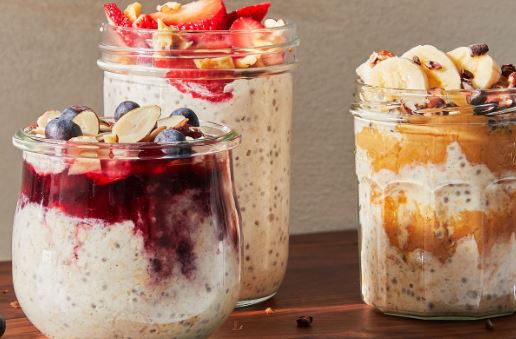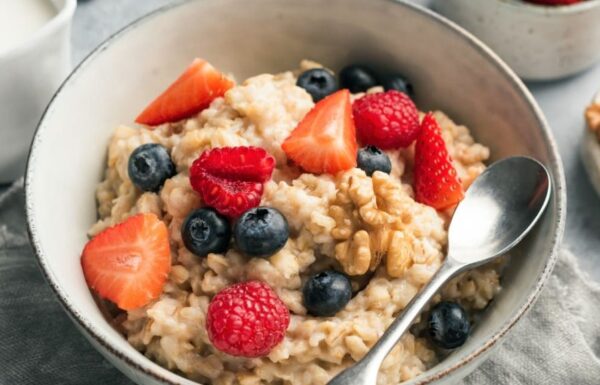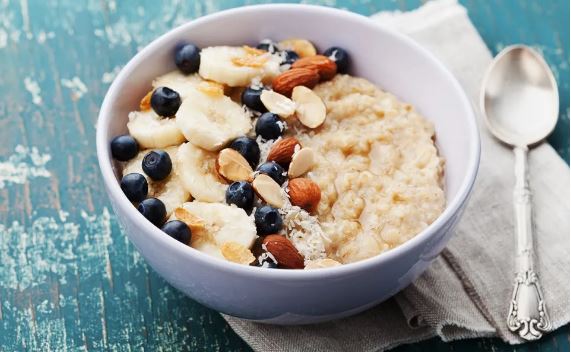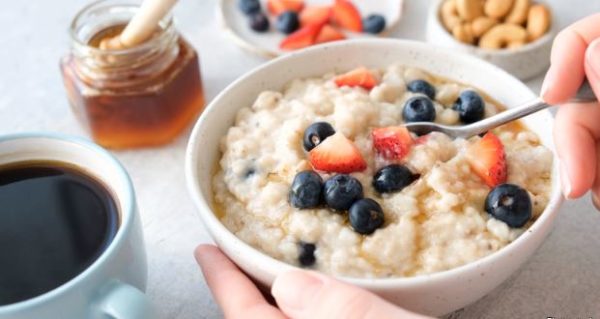Lifestyle
If you think oats are healthy, here are 5 reasons not to have them

1. Digestive discomfort
While oats are naturally gluten-free, they can pose issues for individuals with certain digestive conditions. Oats are often processed in facilities that also handle gluten-containing grains like wheat, barley, and rye. This cross-contamination can lead to adverse reactions in sensitive individuals, such as those with celiac disease or non-celiac gluten sensitivity. Additionally, the high fiber content in oats can sometimes cause digestive discomfort, including bloating and gas, in some people.
2. Blood sugar spikes
Oats, despite being a complex carbohydrate, can cause rapid spikes in blood sugar levels, especially when consumed in large quantities. This can be a concern for individuals with diabetes or those aiming to regulate their blood sugar levels. While carbohydrates are important for a balanced diet, eating too many oats without controlling portion sizes can result in consuming more calories than needed. This can be a concern for people trying to manage their weight or those with diabetes since oats can quickly raise blood sugar levels if eaten in large amounts.
3. High phosphorus content
Oats are relatively high in phosphorus, which can be problematic for individuals with kidney issues. In cases of impaired kidney function, excess phosphorus intake can contribute to mineral imbalances and worsen kidney health. Consulting a healthcare professional is essential for those with kidney concerns.
4. Allergenic potential
Oat allergies are relatively rare compared to allergies to other grains like wheat. However, they do exist, and some individuals may experience allergic reactions when consuming oats. Symptoms can range from mild skin irritation to more severe allergic responses. It’s crucial to be aware of any potential allergies or sensitivities you may have before incorporating oats into your diet.
5. Potential for overprocessing
Many oat-based products available in the market, such as instant oats and flavored oatmeal, can be highly processed and loaded with added sugars, artificial flavors, and preservatives. Consuming these overly processed versions of oats may negate their health benefits and lead to an unhealthy diet overall. Opting for less processed, plain oats and adding your own toppings and flavors can help mitigate this concern.
The takeaway
It’s essential to consider your individual health circumstances, dietary goals, and preferences when deciding whether oats should have a prominent place in your meals. If you have specific dietary restrictions or health concerns, it’s wise to consult with a healthcare professional or registered dietitian who can provide personalized guidance on whether oats are a suitable choice for you and how to incorporate them healthily into your diet.










